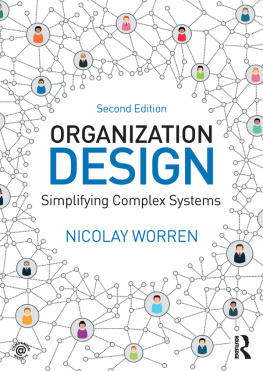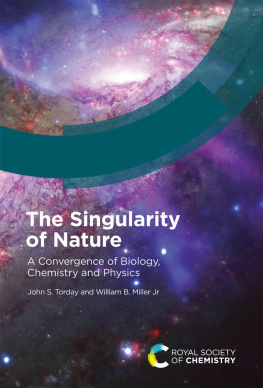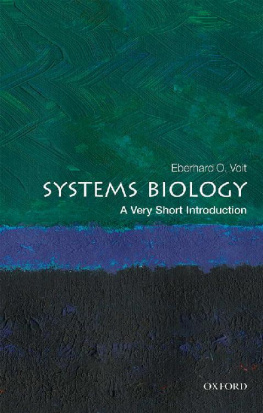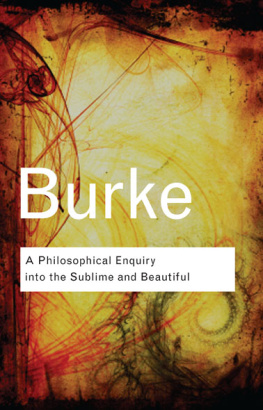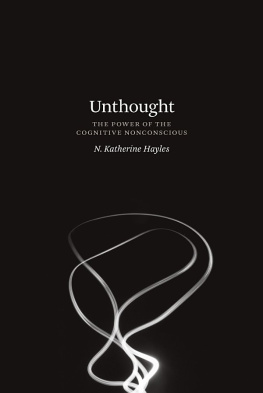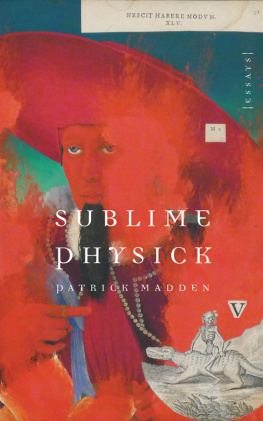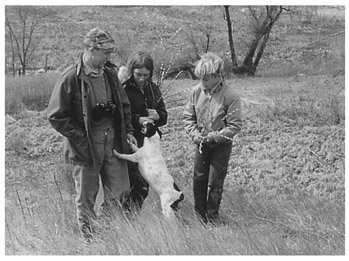Acknowledgements
This book is dedicated to all my teachers.
Thanks to Terrence Deacon for permission to use the diagram from his astounding book The Symbolic Species (Norton, 1997). All other illustrations are photos by the author and friends; cover art by the author. Thanks to Danielle Skorzanka for cover design and all-around righteousness; to Bruno Clarke for ongoing support and advice; to Alexandra Chasin for big help with Chapter One and big love always; to Lol Fow for additional editing; to my great colleagues, friends and students at Pratt Institute; to my graduate students from Stony Brook and above all to Iona, my other I. Thanks also to many other friends and loved ones who appear in one form or another in these pages, or who have provided particular inspiration and support along the way: Roger Blakely, Zoa Chasin, Ann Christensen, Ed Cohen, Leonard Cohen, Nicolas Crook, George Cunningham, Maria Damon, Judith Halberstam, Michael Hardt, Gillian Johns, David Kazanjian, Jim Keller, Ray and Claire Livingston, Maggie Livingston, Sarah Livingston, Kelly Mays, Diane Middlebrook, Ira and Josephine Rubel, Josie Saldana, Clayton Sankey, Gray Sansom-Chasin, Clio and Isabella Walsh, Lang Walsh, Liam Walsh, and Thad Ziolkowski. Please see additional acknowledgements and credits in the references section, below.
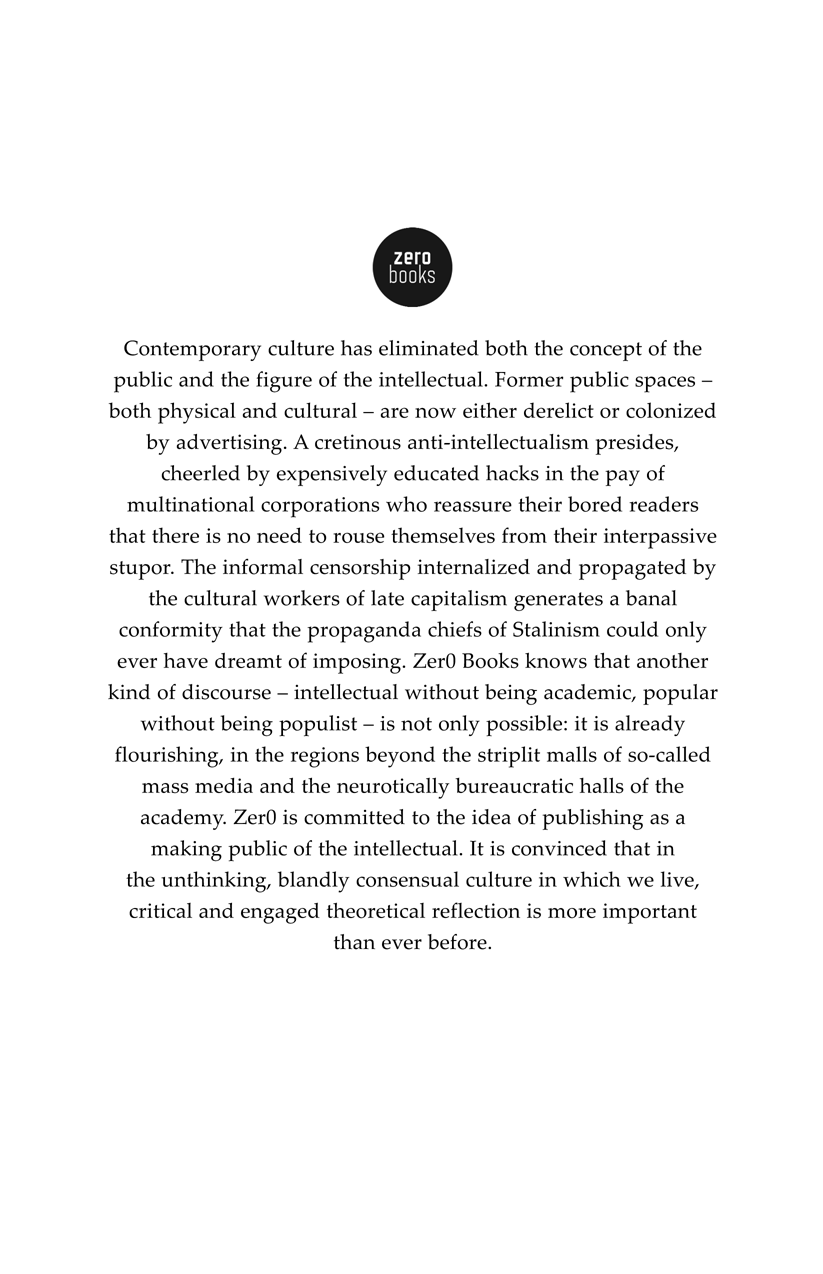
Chapter One
Miracles and Signs
I. Recognition to Infinity
The seed that grew into this book was planted in 2007, when I decided to look up Professor Lee, a friend of my fathers and of my family since I was a child. When I was in college late in the last millennium I used to have long, free-ranging talks with him. He introduced me to systems theory, which turned out to be important to my own research, though I didnt follow him into the sciences.
I hadnt seen him in twenty years. As it turned out, he had just moved into an old folks home in the Bronx, a subway ride away from where I live in Brooklyn, so I went to visit him.
At seventy-five, he still looked exactly as he had when I was a child and tagged along on hikes with him and my father. On one of these hikes, he took the photo below of me and my sister and father, and our dog. Not to sound too melancholic, but all the fields and trees in the photo are long gone, leveled by a kind of nuclear blast of suburbanization that left only condo developments, strip malls and asphalt in its wake. My father is long dead. And the little dog, too!
The first time I visited the Professor in the Bronx we rediscovered an old rapport that had improved with age, as if, without us even checking in on it for all those years, it had just been maturing in the barrel the whole time. On a whim, I asked him to come with me on a road trip to Minneapolis, our old home town, and he agreed right away.
You could write a book about it, he said. Ill be the wise old professor. People love that shit.
I knew he was thinking of that book, a huge bestseller, in which a guy starts visiting his old professor, whos dying of some horrible disease.
We started playing with the idea. I said that hed have to sign an agreement whereby every word that came out of his mouth during the trip would be my property. He said okay, but Id have to omit or disguise any and all personal details of his life he was dead serious about this and that Id have to refer to him only as Professor Lee which, by the way, is not his name. He suggested that the book be called Roadtrip with Professor Lee. I protested, only half-jokingly, that the lack of a fully fleshed-out character would hurt book sales, and besides, people would think Lee was just an alter ego of mine, especially since Im also a professor, and since the Chinese version of my surname also happens to be Li. That ambiguity was just perfect as far as he was concerned. You cant write about me, he said, but you can still write about whatever ideas we talk about.
Then something uncanny happened. He started to smile, and something about the smile made me realize what must have just occurred to him: that I could write as much as I liked about our arrangement (as I am doing now), and the Professor Lee character would still seem like an invented alter ego a metaphor for the plurality of the individual writer. And he saw that I had seen what he was thinking. And I saw that he saw it, and (I have no doubt) he saw me seeing him see me see him, and so on. Later he would refer to this kind of moment using his characteristic mix of systems theory and existential theology as recognition to infinity. Though it felt like psychic communication to me at the time, its really a very common experience, just a little feedback loop. We both knew what had happened or at least, I thought at the time that I did, and I didnt find out until much later that I was almost completely wrong. For the moment, there was no need to talk about it.
He said the Professor Lee character should be whimsical and philosophical in the face of some terminal illness. We joked about what illness to give him, not knowing that hed be dead for real in a little less than a year. Well, I didnt know, anyway I cant say for sure if he did at that point. In any case, I promised him I wouldnt write about any of the details.
We never made the trip, but I saw him many times in the months that followed my initial visit, and this book is partly the record of how those conversations rewired my brain. Ive started off by trying to reconstruct one of our conversations, constrained as I am by the Professors injunction to keep him out of it (and by my own tendency to make dialogue sound like academic prose, which admission Im placing here in parentheses to soften it a bit, and also as discreetly as possible to ask for your indulgence). Accordingly, the rest of this chapter is an amalgam of our early conversations about miracles and signs, in which many of the ideas explored in subsequent chapters are introduced.
The chapters that follow are more typical linked essays, though in both form and content, I hope I have managed to keep some of what I found most enjoyable about our conversations namely, the way detours and tangents get woven together to constitute the fabric of ideas explored here.
Ive also included, toward the end the book, a short account of the road trip Professor Lee and I had planned, and which although I had to make it alone seemed somehow to have been scripted by him.
One of the Professors favorite references, psychoanalyst D. W. Winnicot, liked to say that we simultaneously both find and invent the world. For the Professor, this was why certain signs and people that we seem merely to have stumbled upon seem to have been sent to us as revelations, soul mates, mythic guides and guardian angels. But rather than deflating what had seemed miraculous, the explanation points the way to what the Professor had no qualms in calling a real miracle in the way that systems relate to their environments and meaning is propagated in the universe. He saw no contradiction between hardnosed scientific study and mystical awe; in fact, he was one of those who regarded the former as a path to the latter, and vice versa.
II. The Gravity Suspension Miracle
Perhaps kindling in the amygdala causes every external event and internal belief to acquire deep significance for the patient, so there is an enormous proliferation of spuriously self-relevant beliefs and memories in his brain. (V.S. Ramachandran)


